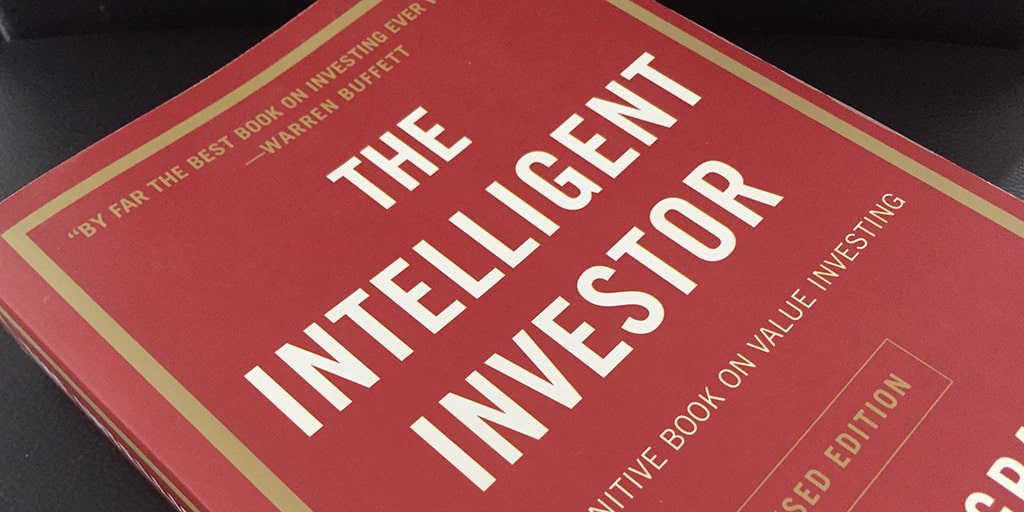

If he wants to be shrewd he can look for the ever-present bargain opportunities in individual securities. On the whole it may be better for the investor to do his stock buying whenever he has money to put in stocks, except when the general market level is much higher than can be justified by well-established standards of value.

It is far from certain that the typical investor should regularly hold off buying until low market levels appear, because this may involve a long wait, very likely the loss of income, and the possible missing of investment opportunities.

Market movements are important to him in a practical sense, because they alternately create low price levels at which he would be wise to buy and high price levels at which he certainly should refrain from buying and probably would be wise to sell. The investor’s primary interest lies in acquiring and holding suitable securities at suitable prices. The speculator’s primary interest lies in anticipating and profiting from market fluctuations. “The most realistic distinction between the investor and the speculator is found in their attitude toward stock-market movements.


 0 kommentar(er)
0 kommentar(er)
